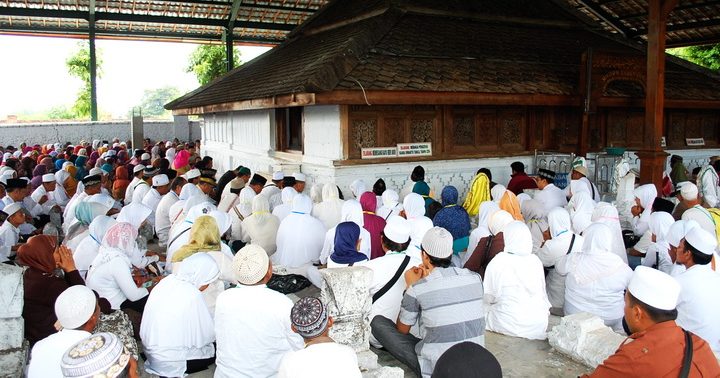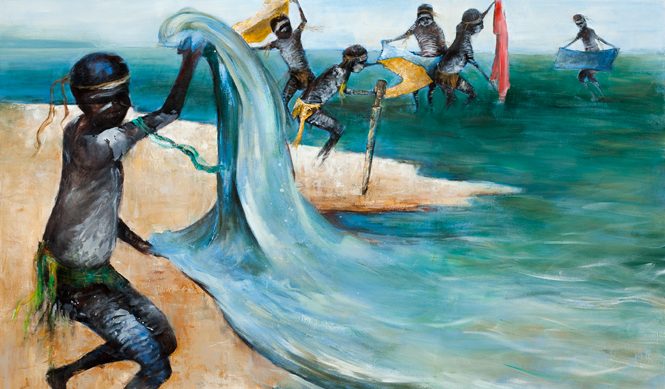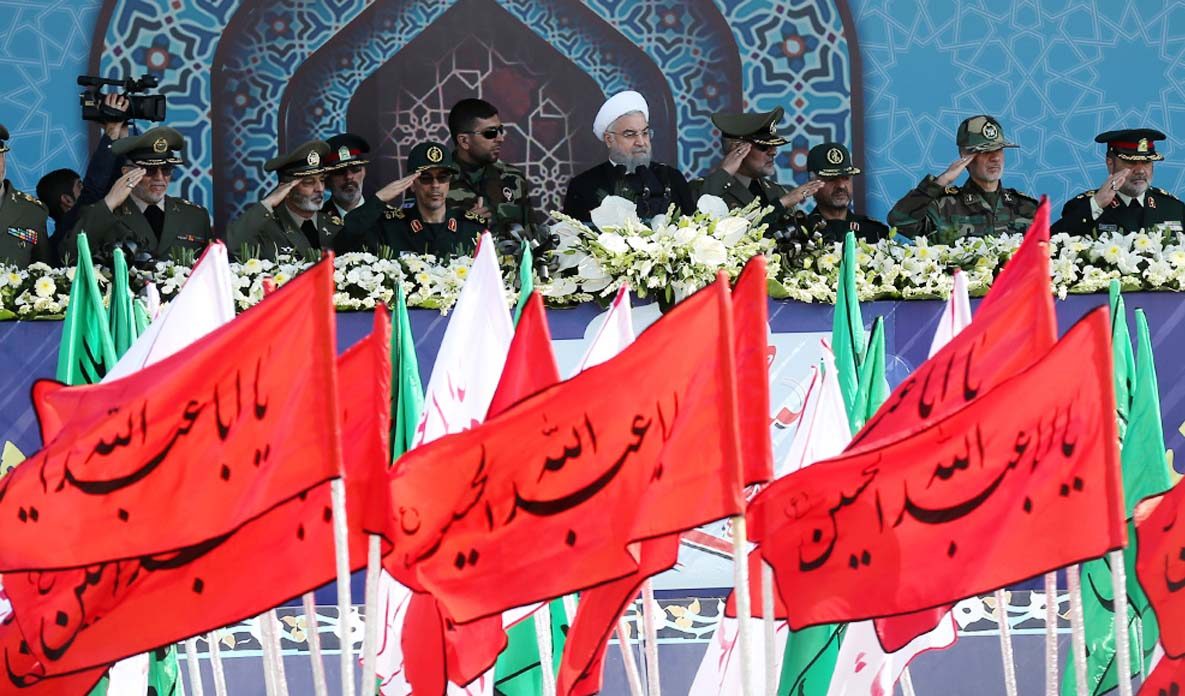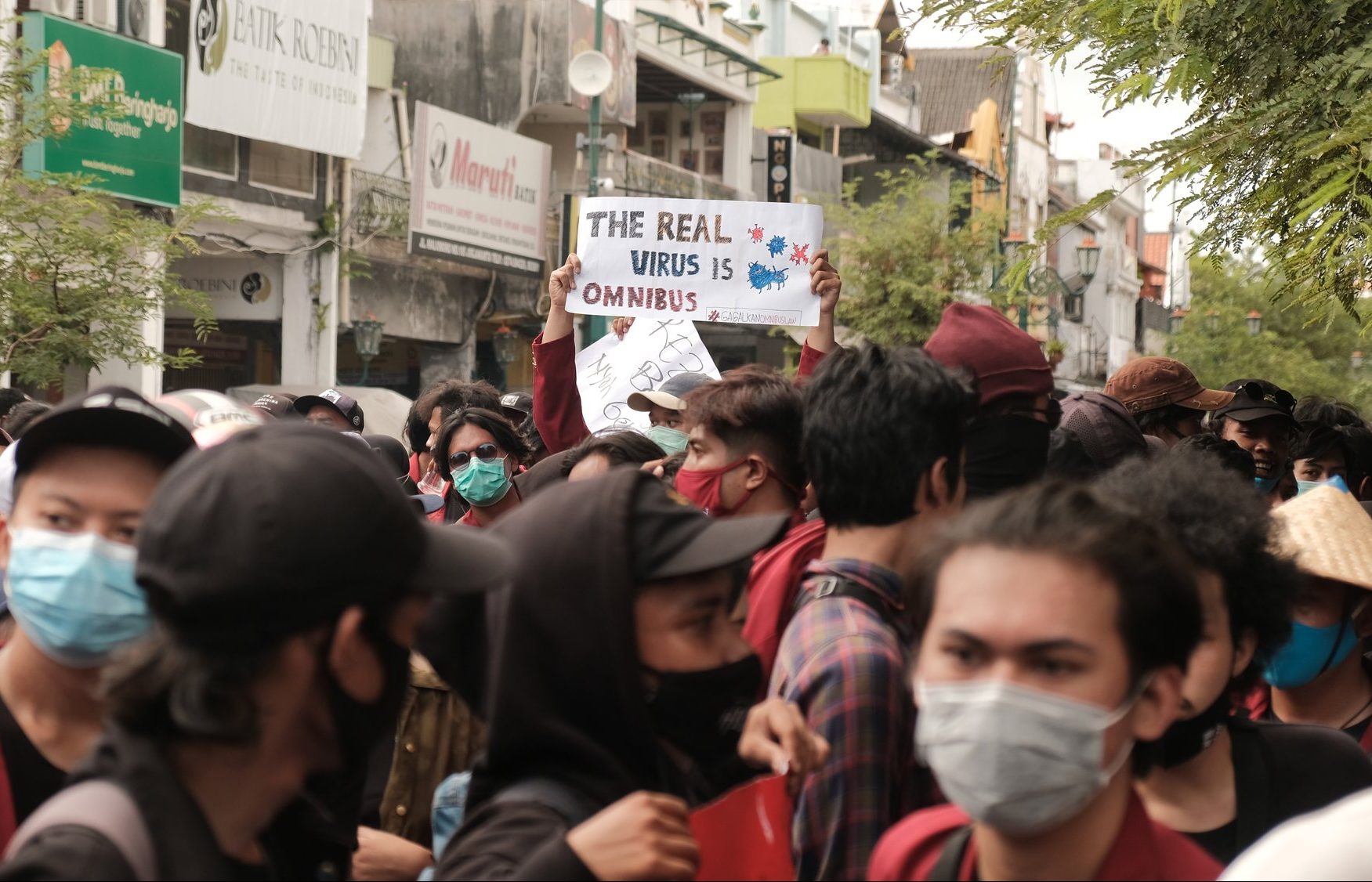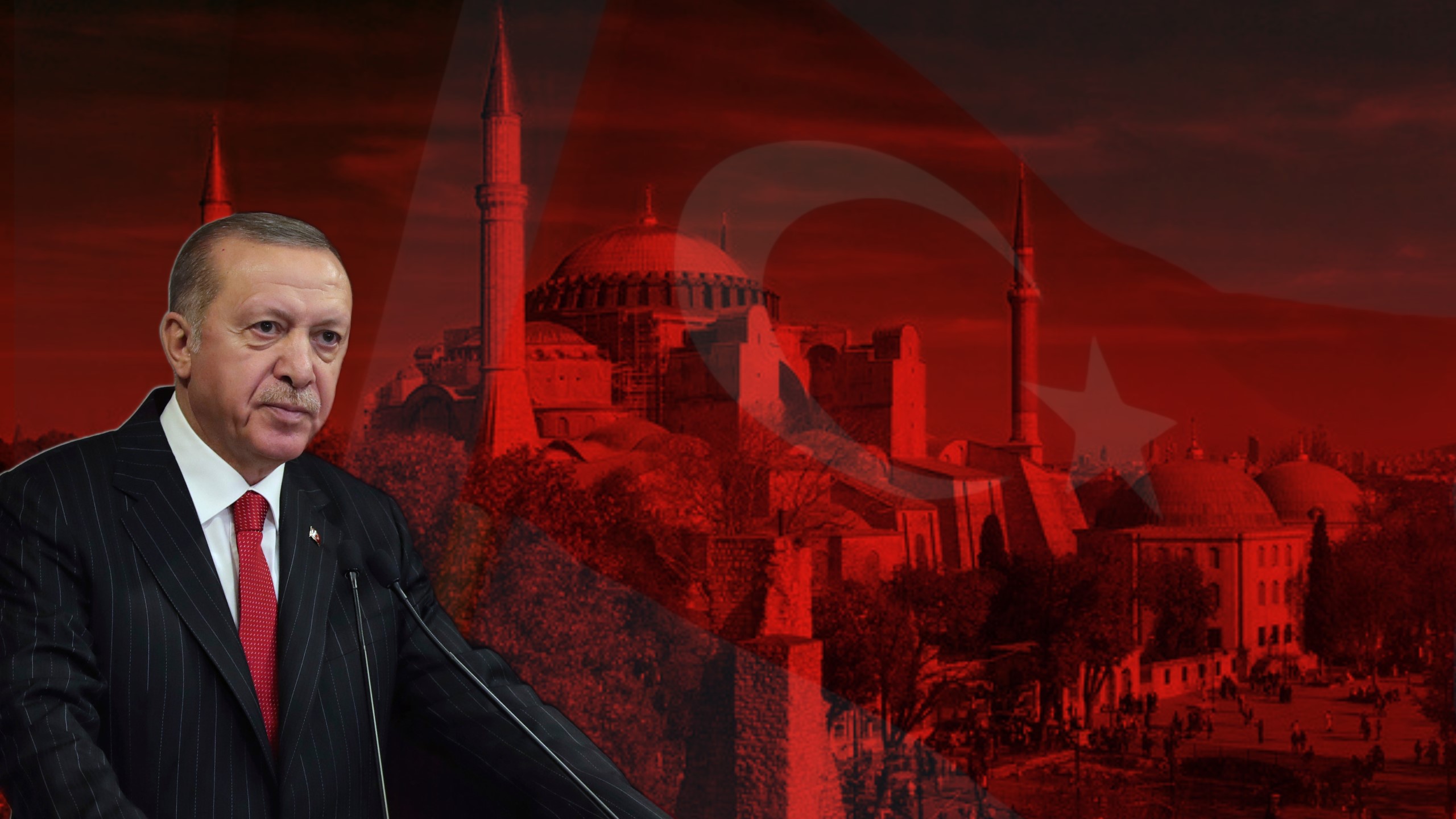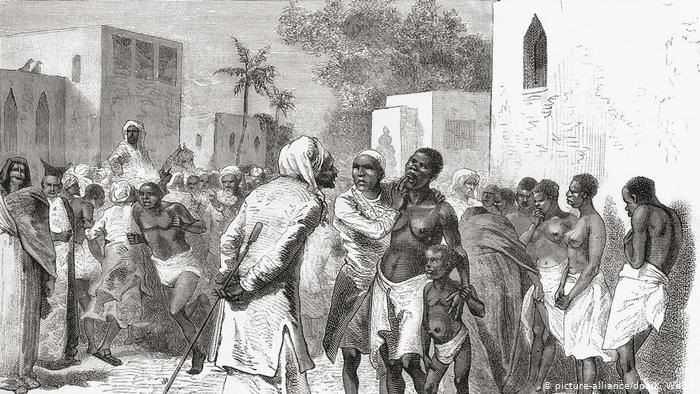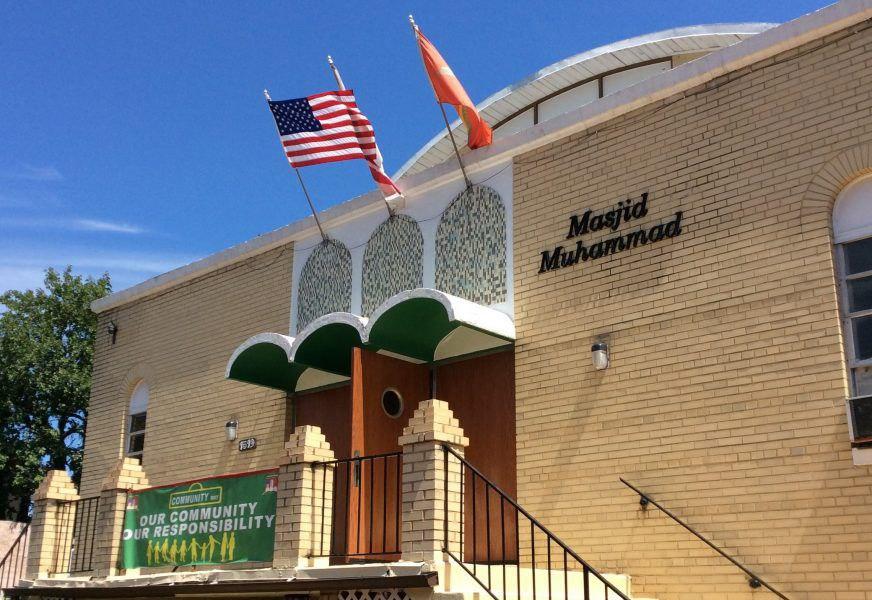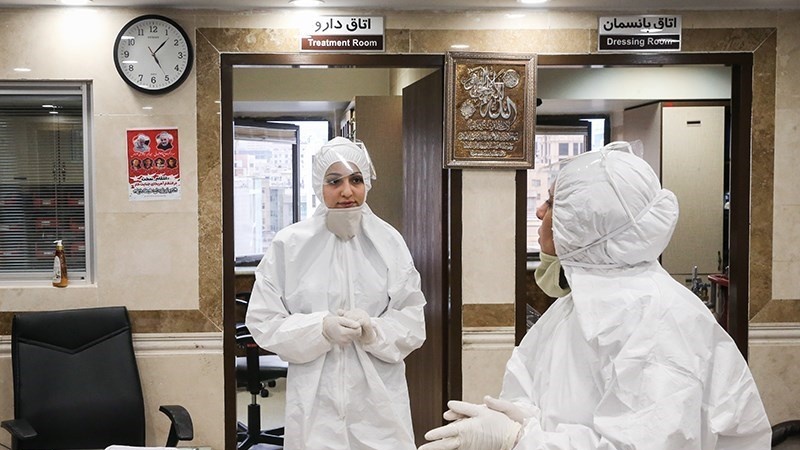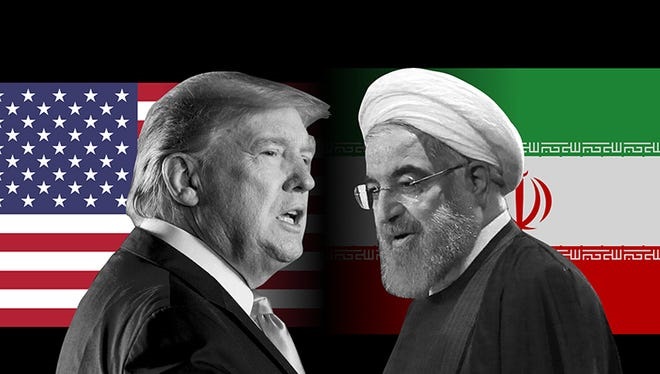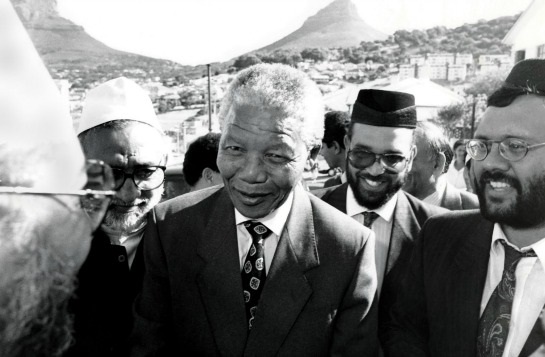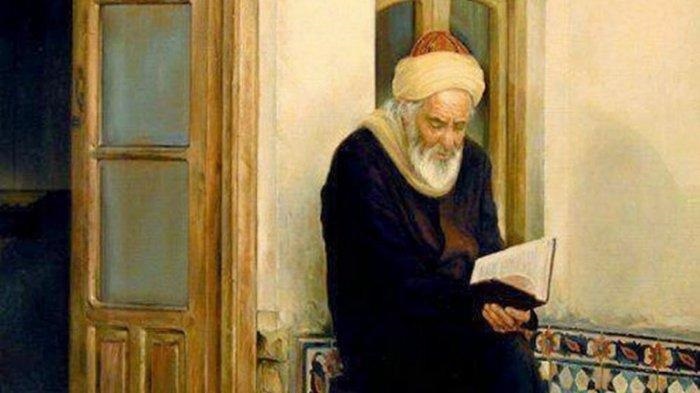The development of Islam in Indonesia has been an interesting topic through ages. One of the Indonesian Islamic discussion courses, at least at a glance, there are three steps of Islamic da’wah development in Indonesia. First, is the seeding phase. Islam has been introduced and been existing in Indonesia since the first century of Hijriyya (7th and 8th century A.D.). But it was just “stopping over for a while and was just introduced” by the merchants.
The Islamization progress in Indonesia was very open and equal because of the trading route. It was certainly different from the Islamization spread through military force expansion. The next three and four century later, the merchants started creating settled communities along with its institution. These communities could even personify a powerful political strength towards the 13rd century.
The existence of Moslem political strength demonstrated the peak and result from this first phase of trading. Consequently, it opened the way of the spread of Islam significantly.
Second, development and stabilization phase. Towards the first of 13th century, Moslems paid more attention to the spread of Islam activities along with the increasing numbers of religious teachers and ulama’, who was widely known as mollah, makhdum, mawlana, sheikh, and another local titles like, sunan, wali, ketib, dato’, or kyai as a professional title who spreads Islam.
In these centuries, the sufis came up and taught Islam throughout sufism. The glory and stabilization of this sufism da’wa approach located amid the 15th century until 16th through Wali Sanga – the Nine Saints – role. Tasawuf , or Sufism, had been a main factor of developing and stabilizing Islamic da’wa progress.
Although it wasn’t appropriate with Arabic culture and practice where Islam was born at the beginning, through tasawuf, Wali Songo preached and teached Islam by seeking the similarities and substances between Islamic values and local community cultures without denying and changing the practices and cultures which had existed before. Through creative intermediary of local culture filled with Islamic values, Wali Sanga smoothly taught the community about Islam and they had imperceptibly embraced Islam.
This Wali Sanga da’wa method has often been misunderstood and misred by Muslim preachers in recent time who are more concerned with formalistic approach. Under Wali Sanga point of view, as long as local people has comitted essentially the Islamic values about the oneness of God and prophecy of prophet Muhammad, they are already considered as Moslem even though they have not practices any of Islamic rituals yet, and still perform a traditions of their ancestor.
Recent method of da’wa is the opposite. It sees person’s Islamic identity merely from the formal aspect and surface of Indonesian cultures and traditions without noticing a deeper aspect and Islam essential values. The arising consequence of this formalistic perspective is that a person has considered already as Moslem just when he gets closer and does similiar traditions close to Arabic community cultures, although he essentially has not admitted yet the core values of Islam.
And for those who has already comitted the essential and core values of Islam about the oneness of God and prophecy of prophet Muhammad yet still perform a local traditions and cultures, then they have not been considered as “embracing Islam” since they are not appropriate with the “the purest Islam” standard which is identified as “Islam as it was in Arab”.
From such explanation, we may conclude that the da’wa in Indonesia must be having applicable methods. Those are, first, contextual and tolerance. Contextual is a method of da’wa that required understanding of place and time, so that it can be easily embrace many communities. Tolerance is having a self awareness for differences. And ability to resuscitate that even if the understanding is different but still sympathetic and respecting each other.
Second, appreciating tradition. Meaning that they should not hostile the tradition and culture. They precisely utilize the tradition and culture to revive Islamic values, because Islamic values need framework that is close to one’s life who embraces.
The last, is setting free. As a da’wa activity, Islam should set it self as a solutive teachings that can answer any problems of humanity universally, rather than narrowing a point of view and a way of thinking. Islam is about humanizing humans for the sake of their own good.
Translated from the original article: https://islami.co/membandingkan-metode-dakwah-wali-songo-dengan-ustadz-ustadz-medsos-yang-viral/, by Abdus Salam on 27 December 2017
![Islami[dot]co](https://en.islami.co/wp-content/themes/jambualas/images/logo.png)
